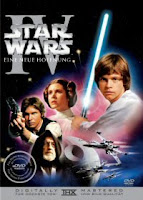Literature~Most books publishes in the 1970’s revolved around a man’s alienation from his spiritual roots.
Popular author’s of the time include:
John Updike; wrote about characters trying to find meaning in a society spiritually empty and in a state of moral decay.
Kurt Vonnegut; explored the loneliness of contemporary society and the power hungry materialism that pervaded it.
But of all three author’s Toni Morrison was the most remembered ; he examined the Black American experiences as never before.
Also poetry of Rod McKuen was very popular.
Education~In schools, two trends that were nonrelated to education impacted school’s during the Seventies.
One being the anti-war movement, was mostly shown on college and university campuses. The Kent State massacre was the most devastating event, where four students were gunned down by Ohio National Guardsmen attempting to stop the anti-war demonstrations.
Second, the mandatory busing to achieve racial school integration, mostly in Boston and other Northeastern cities, this often led to violence and the disruption of schooling.













